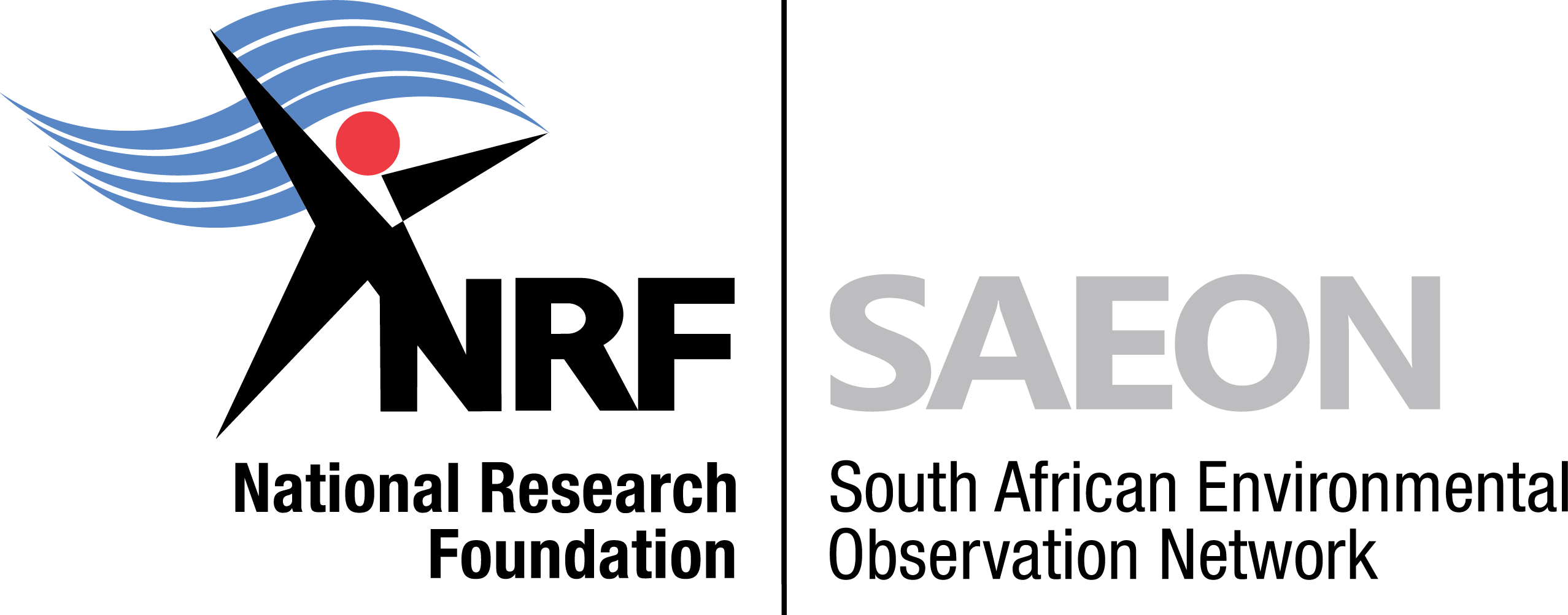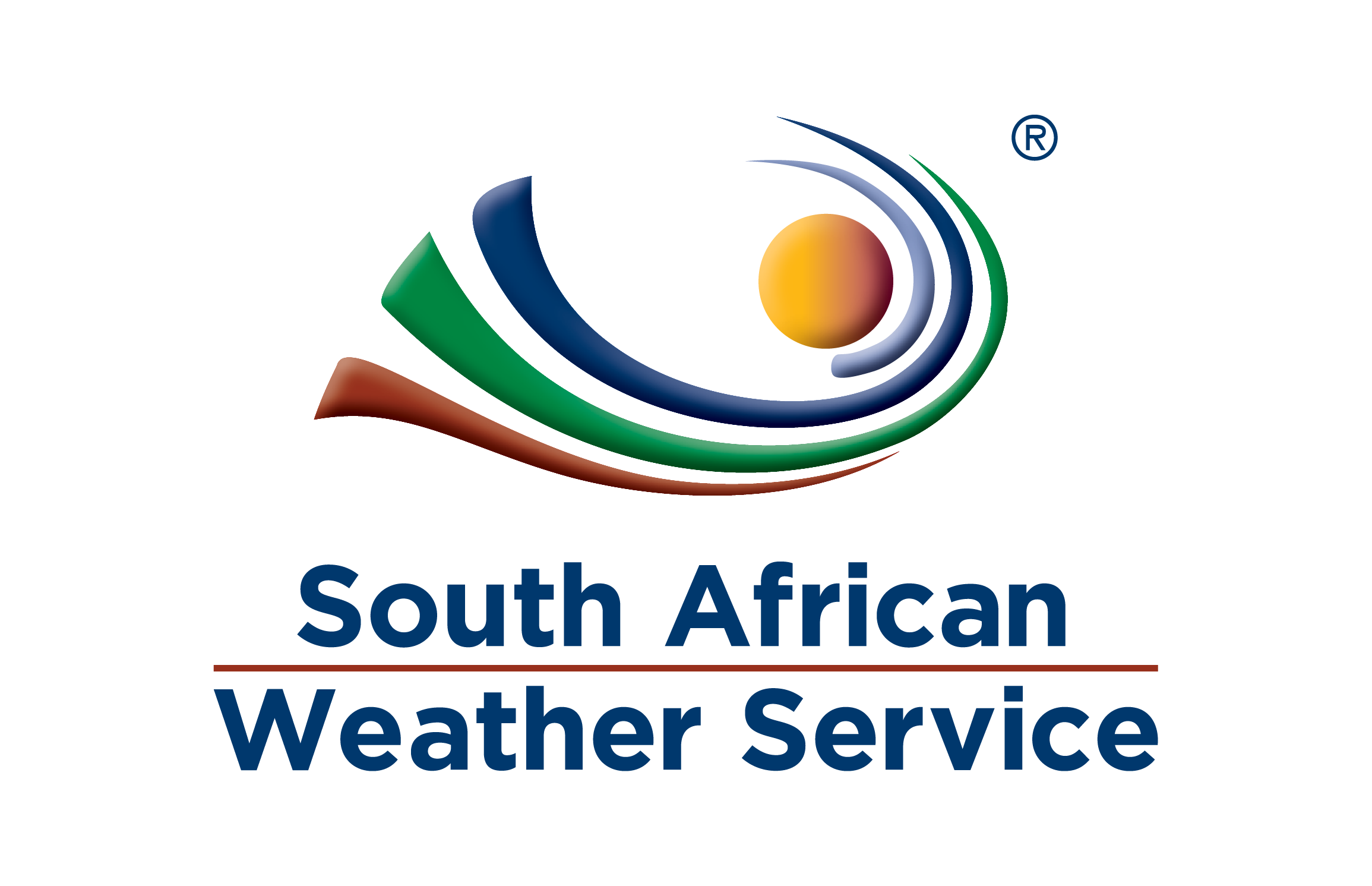The World Climate Conference-3 (WCC-3), held from the 31st of August to the 4th of September 2009 in Geneva, Switzerland, brought together more than 2000 climate scientists, sectorial experts and decision-makers. It established a Global Framework for Climate Services (GFCS) to strengthen production, availability, delivery and application of science-based climate prediction and services. A declaration establishing the Global Framework was adopted on the 3rd of September 2009 at WCC-3 by high-level policy-makers from more than 150 countries, including Heads of State/Government, Ministers and senior government officials of some countries.
Following the WCC-3 and the signing of the declaration, the South African Weather Service in partnership with the Department of Environmental Affairs and the World Meteorological Organisation hosted a workshop on the 19th to the 22nd of August 2013 with the aim of consolidating the country’s climate change and variability services by bringing together key stakeholders to assess the current provision of these services. The workshop was a success and the inputs from the various stakeholders in attendance resulted in a report titled ‘The roadmap for implementation of the GFCS’. The report informed the development of the South African National Framework for Climate Services
The National Framework for Climate Services (NFCS) strives to enable society to better manage the risks and opportunities arising from climate variability and change, especially for those who are most vulnerable to climate related hazards.
The NFCS will mainstream and enhance climate observations and monitoring information, forecasting and prediction and transform these into sector -specific products and applications that can be disseminated widely, and further develop users’ capacity to manage risks of climate variability and change at all levels. This will be done through developing and incorporating science based climate information into planning, policy and practice. To be effective, the NFCS-SA will be user driven, and will address the entire value chain for the production, processing and application of climate services through local, regional and global collaborative efforts. The NFCS-SA will serve as one of enabling tools for South Africa, in the transition towards building a climate resilient country.
The NFCS has five overarching goals, namely:
Reducing the vulnerability of society to climate related hazards through better provision of climate information;
Advancing the key national development goals through better provision of climate information;
Mainstreaming the use of climate information in decision-making;
Strengthening the engagement of providers and users of climate services; and
Maximising the utility of existing climate service infrastructure.
The NFCS was developed by the Department of Forestry, Fisheries and Environment in partnership with the South African Weather Service (SAWS). The SAWS is responsible for the technical leadership in the implementation of the NFCS.

SAAQIS provides a unified platform for managing air quality data in South Africa.

The Carbon Sinks Atlas provides spatial data on carbon stocks and fluxes across South Africa.

HydroNET is a web-based system that combines weather and water data for tailored forecasts and warnings.
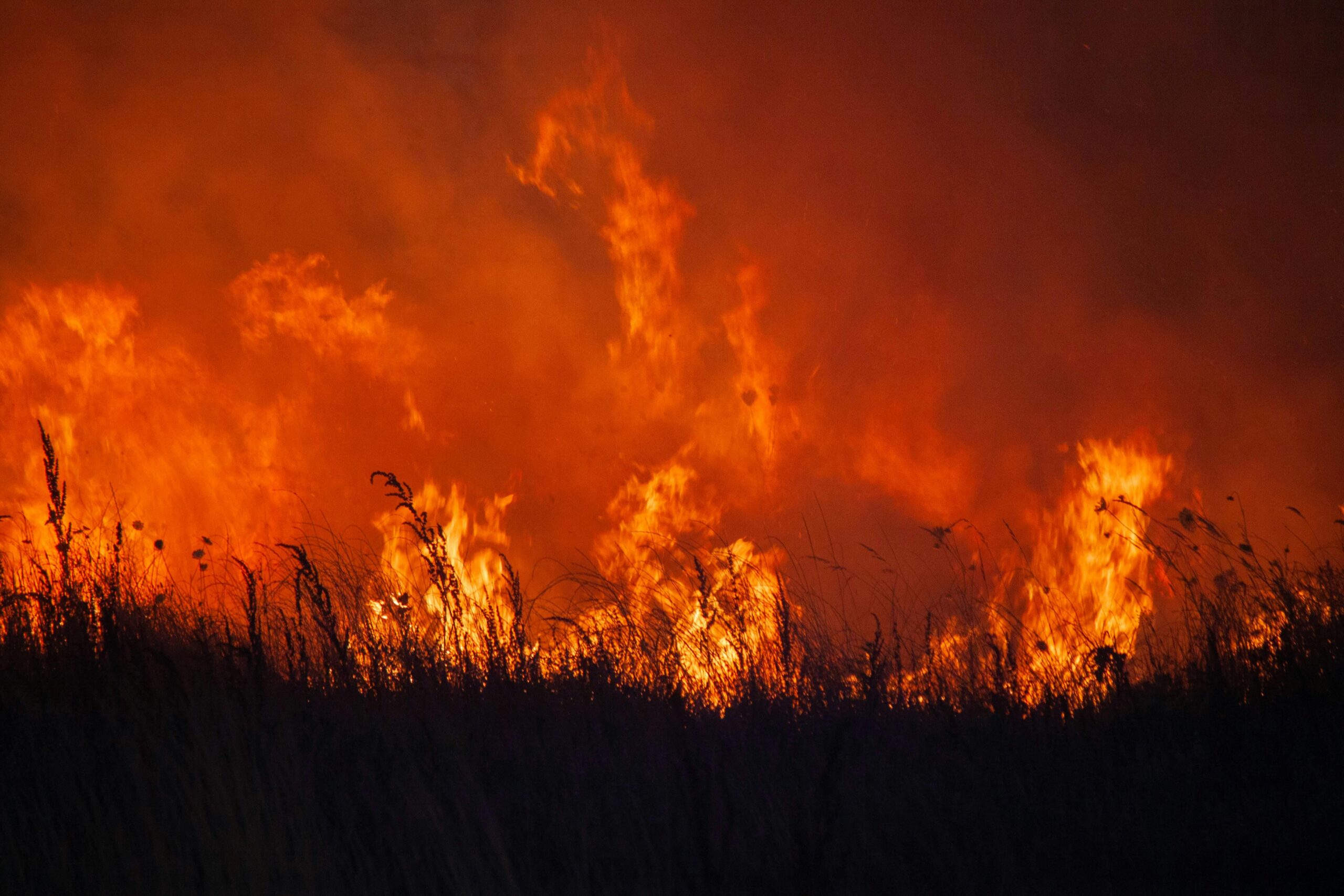
Access and download environmental hazard data from the SAEON Catalogue.
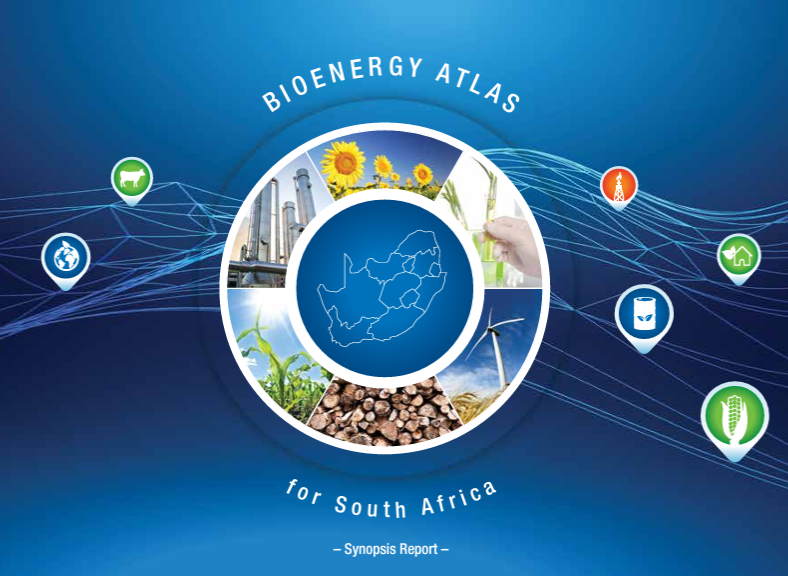
The Bioenergy Atlas provides information on potential bioenergy resources.

SANBI supports sustainable development by providing biodiversity resources.
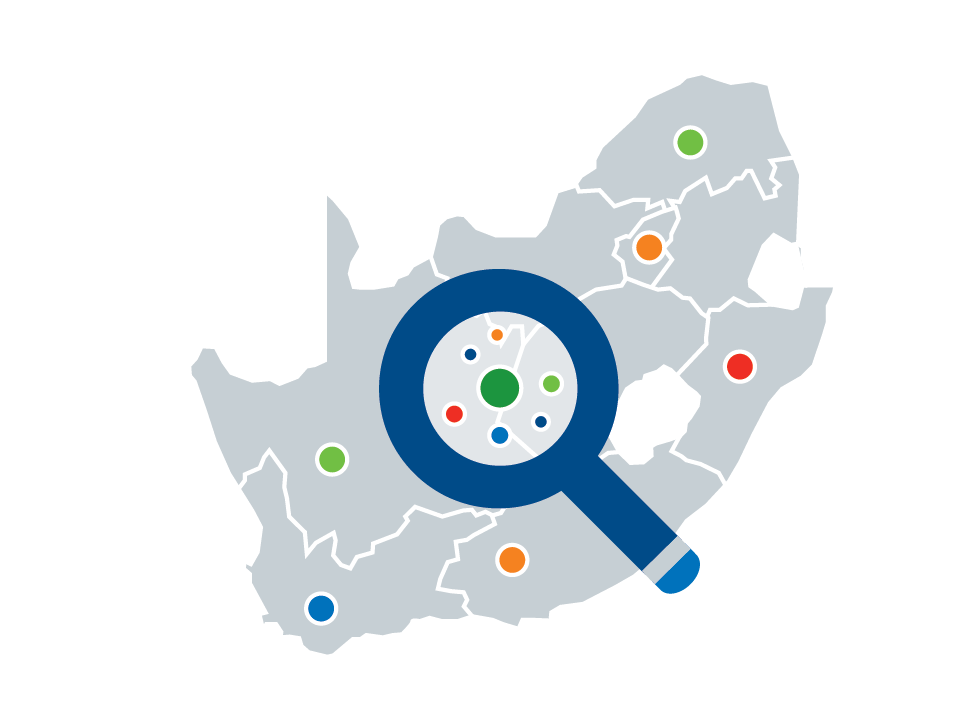
SARVA is an open-access platform providing data to address complex global change challenges.

This online tool supports municipal planning with the development of climate resilient settlements.
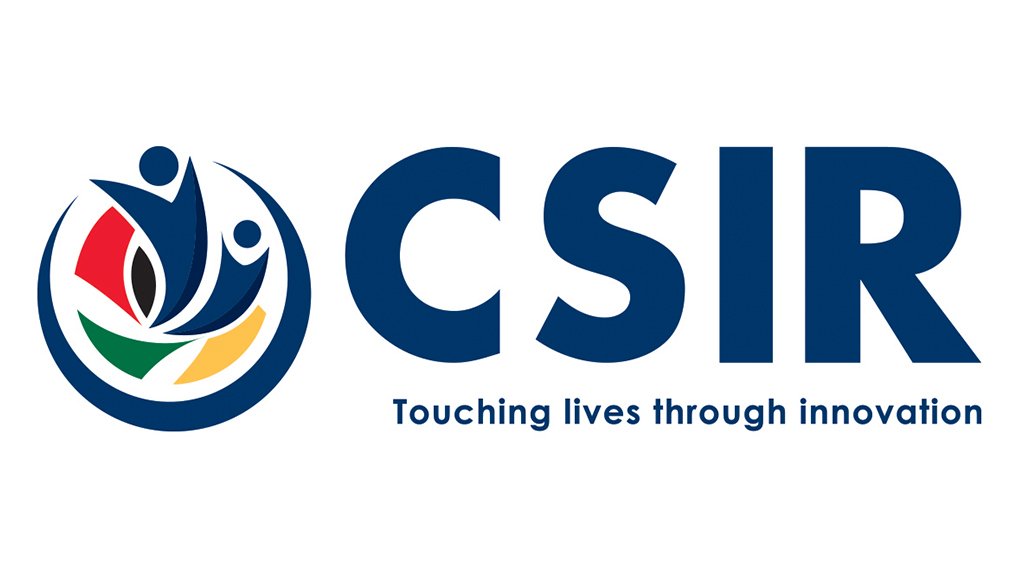
CSIR provides climate change projections for South Africa.

Atlas for climatology and agrohydrology.

SAWS projects extreme weather in South Africa due to climate change.

SAWS forecasts frequent and severe climate extremes in South Africa due to climate change.

Copyright © 2024 Department of Forestry, Fisheries and the Environment.
